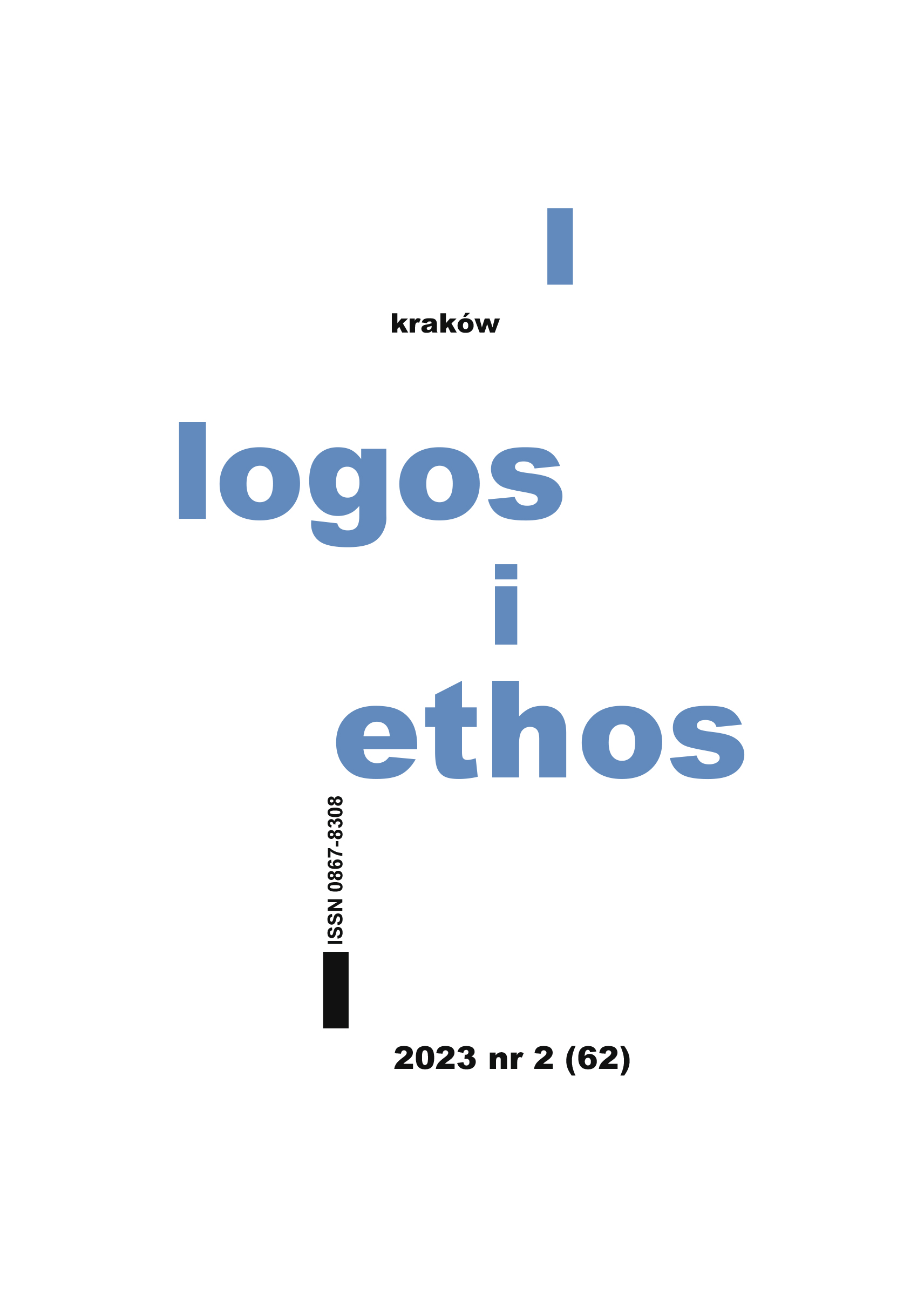An attempt at an evaluation of Philippa Foot’s conception of naturalistic virtue ethics
DOI:
https://doi.org/10.15633/lie.62205Keywords:
virtue, justice, morality, nature, metaethicsAbstract
In this article I present subsequent stages of the evolution of Ph. Foot’s conception. I point out that her concepts of morality, virtue and justice are detached from earlier visions of the world (ancient harmony, Christian divine order). At each stage of the evolution of her project, she is forced either to make arbitrary decisions or to make metaphysical assumptions. I emphasize that biological references in justifying the need for morality may be legitimate as long as we understand ethics as a practical science that aims to achieve practical goals (including the protection of the human species).
References
Anscombe E., Modern Moral Philosophy, “Philosophy” 1958 no. 33, p. 1–19.
Aristotle, Nicomachean ethics.
Foot P., Virtues and Vices and Other Essays in Moral Philosophy, Blackwell, Oxford 1978.
Foot P., Natural Goodness, Clarendon Press, Oxford 2001.
Foot P., Moral Dilemmas and Other Topics in Moral Philosophy, Clarendon Press, Oxford 2002.
Foot P., The Grammar of Goodness: an Interview with Philippa Foot, “Harvard Review of Philosophy” 11 (2003), p. 32–44.
Foot P., Theories of Ethics, Oxford University Press, Oxford 1967.
Downloads
Published
Issue
Section
License

This work is licensed under a Creative Commons Attribution 4.0 International License.
The following rules apply to copyright:
1. The author declares that he or she has full copyright to the work, and such copyright it is not limited to the extent applicable to this declaration, that the article is an original work and that it does not infringe any third-party rights.
2. The author agrees to a free-of-charge, non-exclusive and non-restricted use of the work by Pontifical University of John Paul II in Krakow i.e.:
- to record and duplicate: make copies of the work by means of printing, reprography, magnetic or digital storage;
- to circulate the original or the copies of the work (disseminate, lend or lease the original or copies thereof, publicly display, screen or make the work publicly available so that everyone is able to access it at the time and in place they wish to do so);
- to include the work in a compilation;
- the Pontifical University of John Paul II in Krakow may grant sublicenses Creative Commons Acknowledgement of authorship-Non-commercial use-Without derivative work 3.0 Poland
- the author and the title of the work will be listed,
- the place of publication (name of the periodical and an Internet link to the originally published work),
- the work will be distributed in a non-commercial way,
- no derivative works will be created.
The UPJPII Press does not waive any of its copyrights to any target group.
If you want to publish the text in Logos and Ethos, you must sign the license. However, the signing takes place at a later stage of publishing. Check the license: [license_en.pdf]

